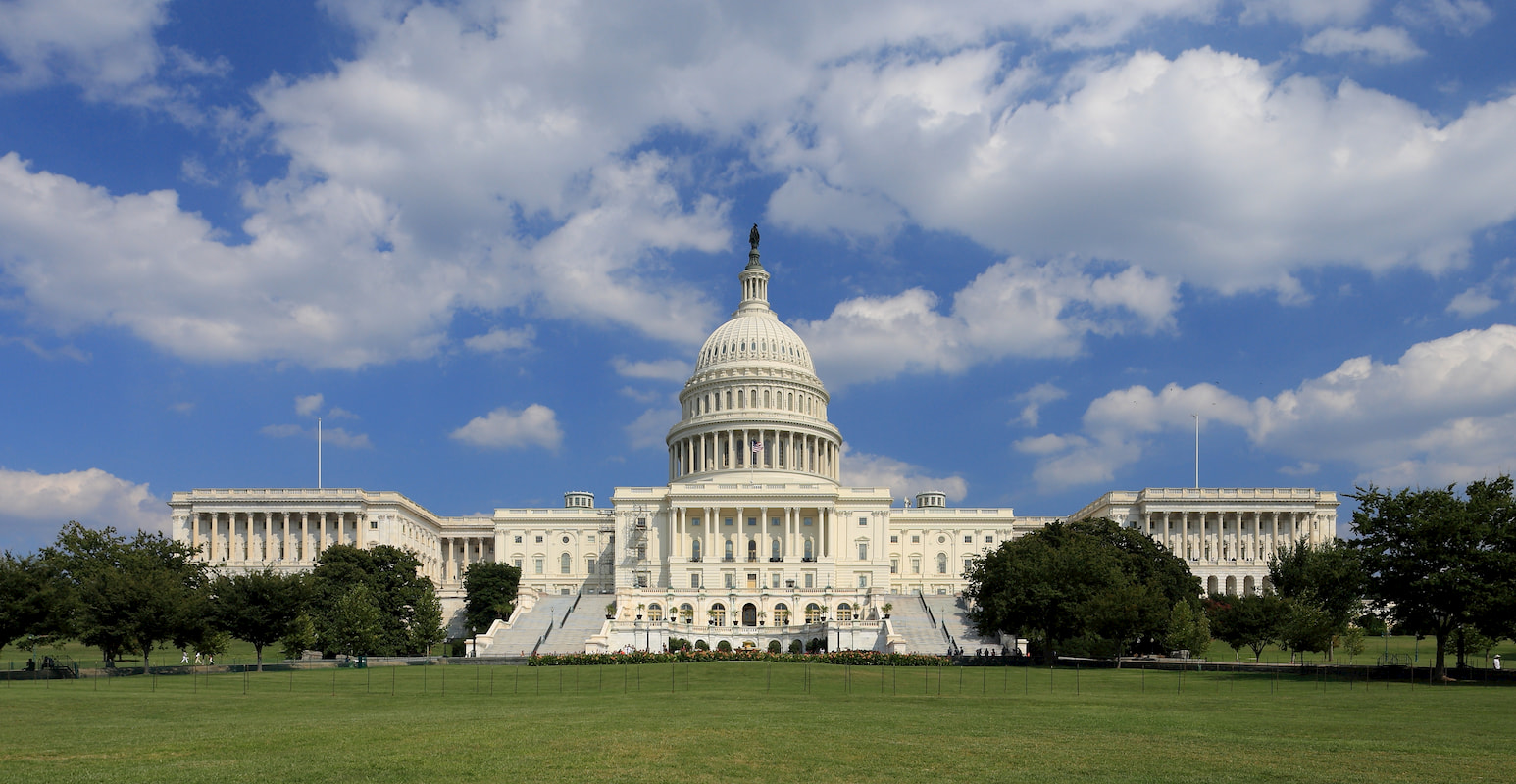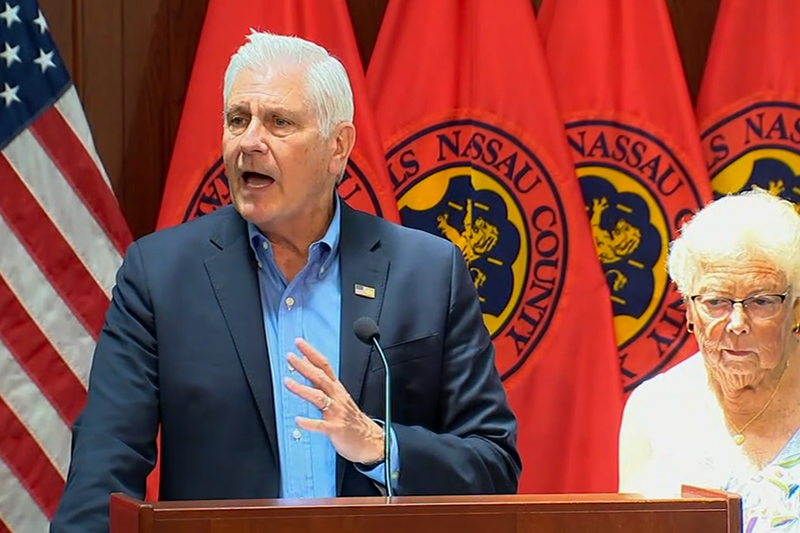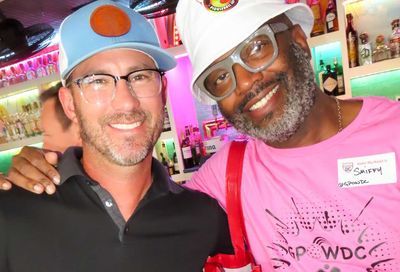Florida Agrees to Limits on “Don’t Say Gay” Law
Florida officials have agreed to a settlement, under which they'll clarify the limitations on LGBTQ content under the "Don't Say Gay" law.

A group of students, parents, and teachers in Florida have reached a settlement with state educational authorities that clarifies several provisions in the state’s infamous “Don’t Say Gay” law.
The “Don’t Say Gay” law, officially dubbed the “Parental Rights in Education” law, sought to limit students’ exposure to LGBTQ issues and identities under the guise of keeping parents informed and giving them outsized influence over what subjects are broached in the classroom.
Soon after its passage, proponents of the law quickly dubbed opponents “groomers,” claiming they wanted to indoctrinate children into adopting values or embracing ideas that run counter to their parents’ morals or beliefs or expose them to age-inappropriate subjects. Republican lawmakers soon expanded the law’s restrictions on K-3 classrooms to apply to all K-12 classrooms in the state.
Opponents expressed concerns about the law’s overly broad language and who would determine what was “age-appropriate” or “developmentally appropriate” for students of differing ages. Many worried that the children of LGBTQ parents would be punished for speaking about their personal lives.
LGBTQ teachers fretted about the possible loss of their jobs if they, even inadvertently, signaled their identity, such as a female teacher referring to her wife in front of students.
In response, 19 students, parents, and teachers from across Florida — along with Equality Florida and Family Equality — filed a federal lawsuit challenging the law, arguing that they will face — and in some cases, have already suffered — harm under it.
The two sides finally reached an agreement, under which the Florida Department of Education will send a memo to all school districts explaining that the law is not as restrictive as some schools have interpreted it.
The memo will offer specifics about what is and is not permitted under the law, and clarify that the law must be applied neutrally and cannot be used as an excuse to engage in anti-LGBTQ discrimination, according to the Tampa Bay Times.
The Florida Department of Education will clarify that the law does not prohibit references to LGBTQ people, couples, families, or issues in literature, when students are speaking to one another, when teachers are answering a student’s direct questions, or as part of academic work — provided that it is the student’s expression of free speech and that a teacher is not “instructing” students on LGBTQ topics.
The department will also clarify that teachers will not be prevented from mentioning, in passing, same-sex or transgender spouses or partners.
Other clarifications are that the law only prohibits official classroom instruction on issues of sexual orientation and gender identity, and requires teachers to remain neutral and not advocate for a specific point of view when LGBTQ topics are mentioned in passing.
The department also agreed to make clear that the law does not prohibit instruction or intervention against bullying based on sexual orientation or gender identity, does not require the removal of “safe space” stickers or the elimination of safe space areas for LGBTQ students, and does not prohibit student or teacher participation in GSAs.
The department will state that the law does not prohibit book fairs where LGBTQ-themed books are sold, the production of musicals or plays with LGBTQ references or characters, the wearing of gender-nonconforming clothes to school events, or the presence of LGBTQ-themed books in school libraries, as long as the books are not being used in classroom instruction.
Finally, the law does not apply to non-school personnel, including parents, other family members, and guest lecturers, so long as they are not speaking with the express purpose of discussing or providing instruction on LGBTQ-related issues.
“[The settlement] makes clear the legitimacy of gay student groups, safeguards against hate and bullying, and the ability of LGBTQ+ students and teachers to openly draw or display pictures of their partners and families,” Roberta Kaplan, the lead counsel for the plaintiffs, said in a statement.
“Simply put,” Kaplan continued, “the State of Florida has now made it clear that LGBTQ+ kids, parents, and teachers in Florida can, in fact, say that they are gay.”
Support Metro Weekly’s Journalism
These are challenging times for news organizations. And yet it’s crucial we stay active and provide vital resources and information to both our local readers and the world. So won’t you please take a moment and consider supporting Metro Weekly with a membership? For as little as $5 a month, you can help ensure Metro Weekly magazine and MetroWeekly.com remain free, viable resources as we provide the best, most diverse, culturally-resonant LGBTQ coverage in both the D.C. region and around the world. Memberships come with exclusive perks and discounts, your own personal digital delivery of each week’s magazine (and an archive), access to our Member's Lounge when it launches this fall, and exclusive members-only items like Metro Weekly Membership Mugs and Tote Bags! Check out all our membership levels here and please join us today!


























You must be logged in to post a comment.